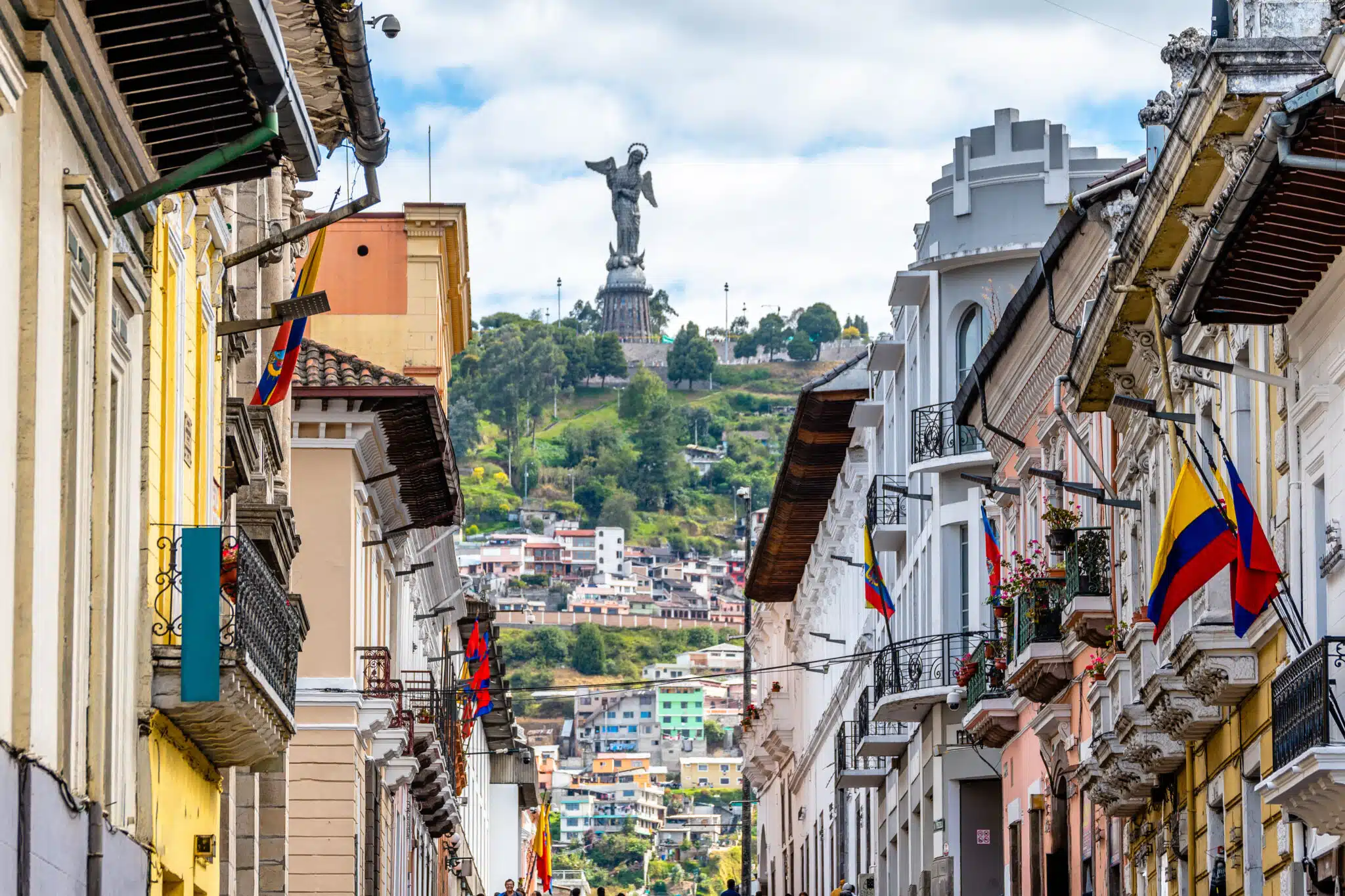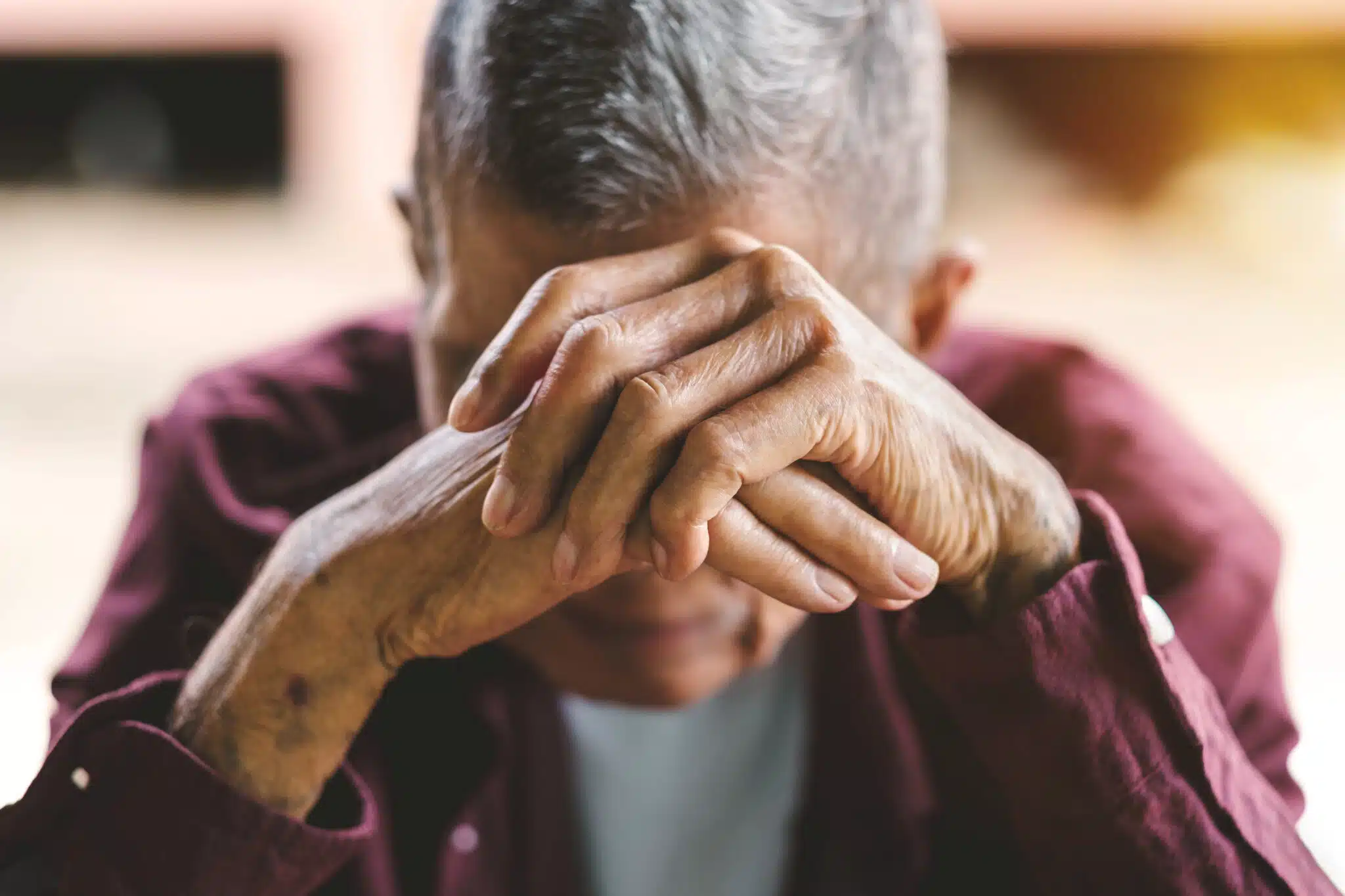Euthanasia in Ecuador?

Update 02/08/2024
Ecuador’s high court decriminalized euthanasia as a result of Roldán’s lawsuit. Doctors cannot be prosecuted for homicide if they assist in a patient’s death for the sake of a “dignified life.” The court ruling stated: “Therefore, after carrying out an examination, it concludes that life admits exceptions to its inviolability when it seeks to protect other rights.” The court further allowed lawmakers 12 months to draft legislation surrounding the decriminalization of euthanasia, but it made an exception for Roldán, who is permitted to expedite her death. Sadly, the court does not recognize that all human life is inherently valuable with God-given dignity. Far from offering patients a “dignified life” or the chance to “die with dignity,” this ruling will only damage the quality of palliative care and will lead to many more deaths while also denying the inherent worth and dignity in all human lives, no matter the circumstances. Please continue to pray for Roldán, and all those who are suffering, especially those considering euthanasia.
Ecuador’s Struggle: Should Euthanasia Be Allowed?
Currently, euthanasia is illegal in Ecuador. But this has been challenged as of recent. The debate surrounding euthanasia began in August when an ALS patient, Paola Roldán, filed a lawsuit. She seeks a ruling that Article 144 of the Comprehensive Organic Penal Code unconstitutional, which currently punishes individuals who cause a person to die (outside of first-degree murder). Roldán is 42 years of age and has suffered from ALS for three years. (ALS, also called Lou Gehrig’s Disease, is a rare neurodegenerative disease that weakens muscles and breaks down nerve cells. ALS currently has no cure.)
Roldán seeks legal euthanasia and wants Article 144 overturned so that whoever assists in her death is not punished legally. She and her lawyers claim that the way Article 144 is written does not allow for euthanasia. The Supreme Court of Ecuador decided this case deserves a public hearing, which began on November 20. It is unclear how long this case may take to resolve. Should the court rule in Roldán’s favor, it will set a dangerous precedent for Ecuador.

Quito Old Town, Ecuador
This is not the first time that Ecuador has seen a push for euthanasia. According to a lawyer of Dignidad y Derecho (Dignity and Law), Pablo Proaño, Esq., the National Assembly tried to legalize it in 2020. President Moreno blocked it at the time.
Mr. Proaño believes that, unfortunately, it is likely that the Constitutional Court will decriminalize euthanasia as a result of this case and would even declare there is a right to it. “The current composition of the Court has a progressive majority that has approved the legalization of abortion in cases of rape and equal marriage [gay marriage] in the past.” The lawsuit also has strong media and social support, increasing the chances that euthanasia will be legal in Ecuador in the near future.
Mr. Proaño also pointed out that the legalization of euthanasia in Ecuador would be a hard blow to its culture, as well. Ecuador is a deeply religious nation with strong family values. Ecuadorians, as a whole, are close with their families and care for their elders. The majority of the nation is Catholic. To legalize euthanasia would be to directly defy the longstanding and prevalent culture of religion, family values and elder care in Ecuador.
Mr. Proaño states that there are a few things that can be done to help prevent legalization of euthanasia in Ecuador. “…Any person or organization interested in presenting arguments can file an amicus curiae before the Constitutional Court. This amicus is a document that should contain figures with technical support, especially from medicine, law and the experience of other countries. The non-profit Dignidad y Derecho is willing to provide the necessary legal assistance for the presentation of this document. However, in view of an imminent court decision, any submission of documents should be made as soon as possible.”
Dignidad y Derecho filed an amicus brief on this case and presented their arguments during the hearing in November. “We have also broadened the discussion by offering free legal assistance to national and international experts and organizations willing to participate in the debate. With our assistance, they were also able to present amicus briefs and express their arguments at the hearing.”
Mr. Proaño also suggests countering the media’s misconceptions about euthanasia and support of this case. One can do so by spreading a pro-life response to euthanasia, including alternatives (such as palliative care).
Indeed, palliative care suffers under the legalization of euthanasia, which in turn, compromises the quality of care (or lack thereof) that our families (and we ourselves) will receive when the time comes. Pray for Ecuador, that euthanasia is not legalized, and that Ecuadorians remember the value of human life and care for the sick and suffering.


